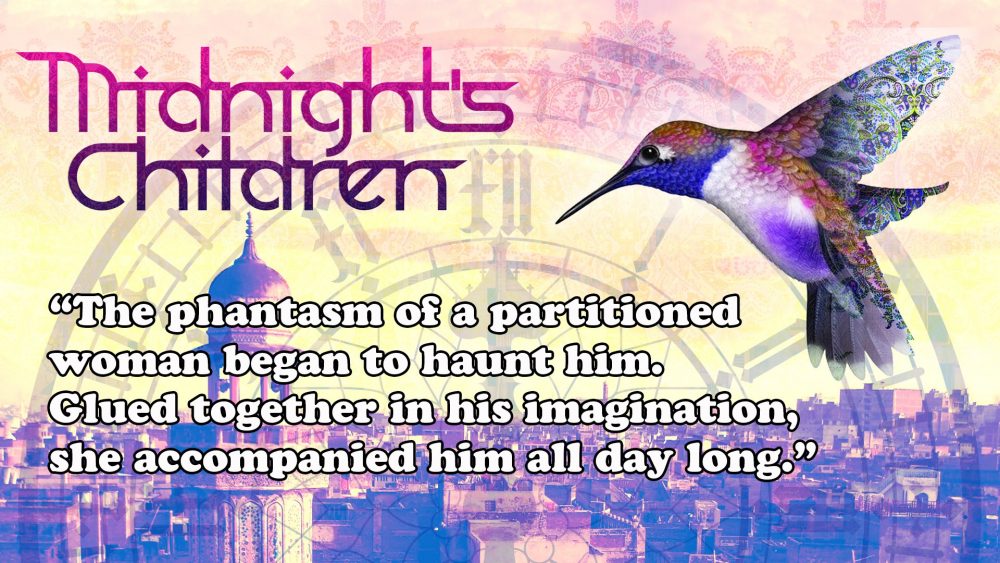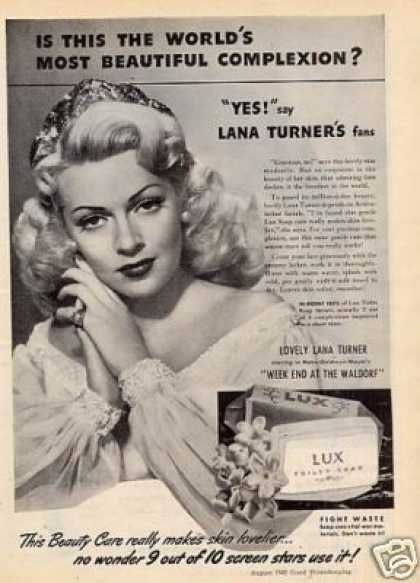It can seem that the writing of literature and the theory of literature occupy separate great houses, Game of Thrones-style, or even separate countries held apart by a great sea. Perhaps they war with each other, perhaps they studiously ignore each other or obliquely interact at tournaments with acronymic names like MLA and AWP. Like Thomas Pynchon’s characterization of the political right and left, scholars and writers represent opposing poles, the hothouse and the street. That rare beast, the academic poet, can seem like something of a unicorn, or dragon.
…Or like the ominous talking raven in Edgar Allan Poe’s most famous of poems.
The divide between theory and practice is a recent development, a product of state budgeting, political brinksmanship, the relentless publishing mills of academia that force scholars to find a pigeonhole and stay there.… In days past, poets and scholar/theorists frequently occupied the same place at the same time—Wallace Stevens, T.S. Eliot, Samuel Taylor Coleridge, Percy Shelley, and, of course, Poe, whose perennially popular “The Raven” serves as a point-by-point illustration for his theory of composition just as thoroughly as Eliot’s great works bear out his notion of the “objective correlative.”
Poe’s object, the titular creature, is an “archetypal symbol,” writes Dana Gioia, in a poem that aims for what its author calls a “unity of effect.” In his 1846 essay “The Philosophy of Composition,” Poe the poet/theorist tells us in great detail how “The Raven” satisfies all of his other criteria for literature as well, such as achieving its intent in a single sitting, using a repeated refrain, and so on.
Should we have any doubt about how much Poe wanted us to see the poem as the deliberate outcome of a conceptual scheme, we find him three years later, in 1849, the year of his death, delivering a lecture on the “Poetic Principle,” and concluding with a reading of “The Raven.”
John Moncure Daniel of the Richmond Semi-Weekly Examiner remarked after attending one of these talks that “the attention of many in this city is now directed to this singular performance.” At that point, Poe, who hardly made a dime from “The Raven,” had to suffer the indignity of having all of his work go out of print during his brief, unhappy lifetime. Moncure and the Examiner thereby furnished readers “with the only correct copy ever published,” previous appearances, it seems, having contained punctuation errors.
Nonetheless, for all of Poe’s pedantry and penury, “The Raven“ ‘s first appearances made him semi-famous. His readings were a sensation, and it’s a sure bet that his audiences came to hear him read the poem, not deliver a lecture on its principles. Oh, for some proto-Edison in the room with an early recording device. What would it be like to hear the mournful, grief-stricken, alcoholic genius—master of the macabre and inventor of the detective story—intone the raven’s enigmatic “Nevermore”?
While Poe’s speaking voice has receded irretrievably into history, his poetic voice may live close to forever. So mesmerizing are his meter and diction that many great actors known especially for their voices have become possessed by “The Raven.”
Likely when we think of the poem, what first comes to the mind’s ear is the voice of Vincent Price, or James Earl Jones, Christopher Lee, or Christopher Walken, all of whom have given “The Raven” its due.
And so have many other notables, such as the great Stan Lee, Poe successor Neil Gaiman, original Gomez Addams actor John Astin, and venerable Beat poet/scholar Anne Waldman (listen here). You will find those recitations here at this round-up of notable “Raven” readings, and if this somehow doesn’t satiate you, then check out Lou Reed’s take on the poem, the Grateful Dead’s musical tribute, “Raven Space,” or a reading in 100 different celebrity impressions.
Finally, we would be remiss not to mention The Simpsons’ James Earl Jones-narrated parody, a worthy teaching tool for distracted young visual learners. Is it a shame that we now think of “The Raven” as a Halloween yarn fit for the Treehouse of Horror or any number of enjoyable exercises in spooky oratory—rather than the theoretical thought experiment its author seemed to intend? Does Poe rotisserie in his grave as Homer snores in a wingback chair? Probably. But as the author told us himself at length, the poem works! It still never fails to excite our morbid curiosity, enchant our gothic sensibility, and maybe send a chill or two down the spine. Maybe we never really needed Poe to explain it to us.
You can find other literary readings in our collection, 1,000 Free Audio Books: Download Great Books for Free.
Related Content:
The Simpsons Present Edgar Allan Poe’s “The Raven,” and Teachers Now Use It to Teach Kids the Joys of Literature
When Charles Dickens & Edgar Allan Poe Met, and Dickens’ Pet Raven Inspired Poe’s Poem “The Raven”
7 Tips from Edgar Allan Poe on How to Write Vivid Stories and Poems
Download The Complete Works of Edgar Allan Poe on His Birthday
Josh Jones is a writer and musician based in Durham, NC. Follow him at @jdmagness






